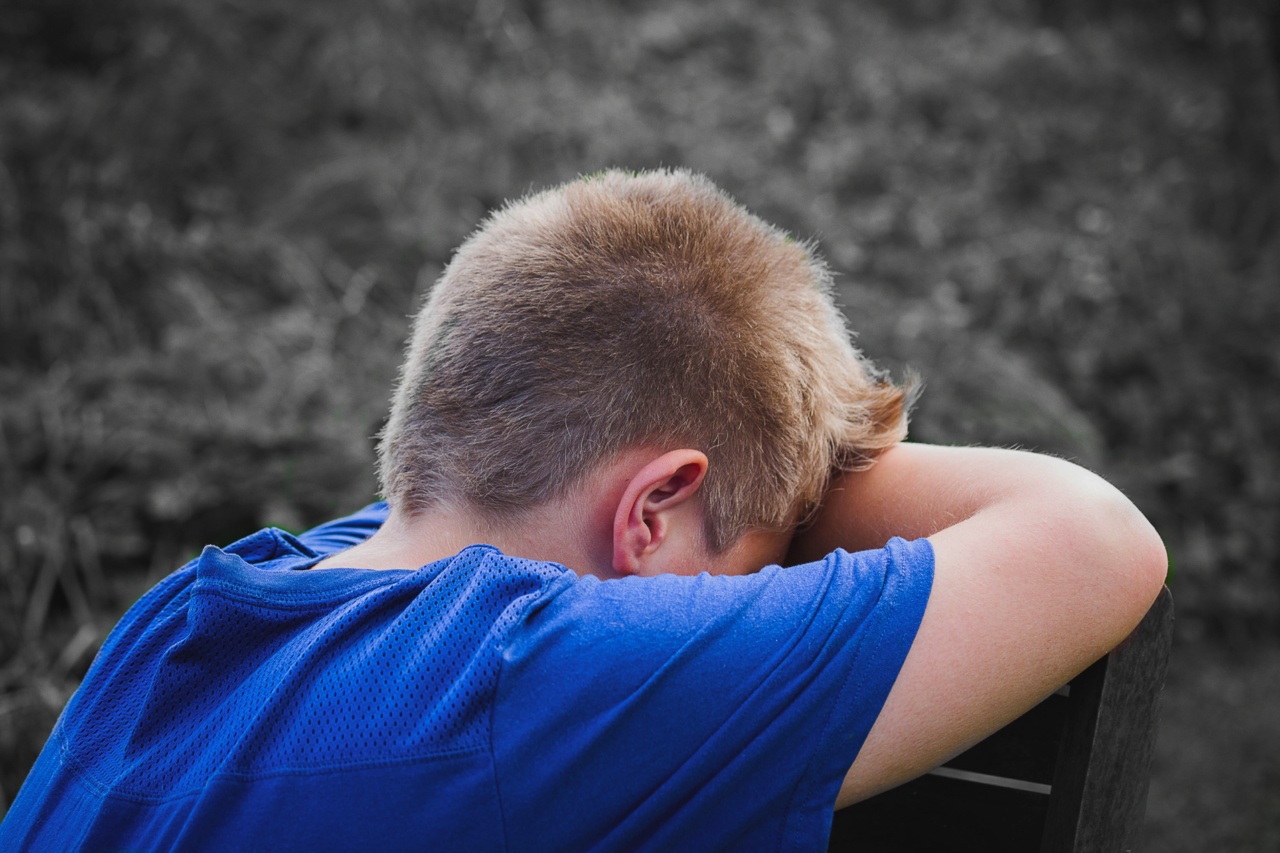Sleep, an indispensable factor in both adults and children’s life. The quality of sleep a person gets is directly proportional to the person’s health status, productivity, and overall well-being.
The recommended sleeping hours for children are of utmost importance due to the physical and mental growth taking place. However, many kids struggle to get the much-needed sleep, also known as insomnia. Let’s delve deeper into the subject and understand the recommended sleeping hours for kids.
What is Insomnia?
Insomnia is a sleep disorder that involves difficulty in falling asleep, staying asleep, or both. It results in a low quality of sleep, making the person feel sluggish the next day.
Children suffering from insomnia tend to be sleepy during the day and are also at risk of developing depression, anxiety, and other mood disorders.
Recommended Sleeping Hours
Newborns require the most sleep time, up to 17 hours per day. On the other hand, toddlers between the ages of one and three need 12-14 hours of sleep.
Preschoolers require between 10-13 hours of sleep, while those aged between six and twelve require 9-12 hours. As for teenagers, experts recommend they get 8-10 hours of sleep daily. Children who achieve this recommended sleep time are generally healthy, more focused, and have fewer hyperactivity problems.
What are the Causes of Insomnia in Kids?
A child’s mental state is the primary cause of insomnia. Children with depression, anxiety, and other mood disorders may find it hard to sleep. External factors such as a child’s bedroom routine can also affect a child’s sleep.
Factors such as excess light, noise, and harsh beddings can make children restless, making it hard for them to fall asleep.
What are the Impacts of Insomnia on Children?
Insomnia has both short-term and long-term effects on children, as can be seen below;.
Difficulty Concentrating
Sleep-deprived kids tend to have difficulty concentrating during the day. They lose focus and display a shorter attention span, which affects their academic work.
Emotional Problems
Kids are prone to mood swings and emotional problems when they do not get the right amount of sleep. They become irritable and quickly upset over the smallest of matters.
Obesity
Children who do not get enough sleep are more likely to be obese. Sleep-deprived children show increased food intake and tend to gravitate to processed food and sugary drinks, contributing to weight gain and childhood obesity.
Poor Academic Performance
Lack of sleep impacts your child’s academic performance by making them lethargic, irritable, and forgetful.
Impact on Growth
Young children require more sleep than adults, and when they do not get enough sleep, their growth is impacted.
Recommended Sleep Hygiene Habits for Insomniac Kids
Parents can play a vital role in ensuring their children adhere to healthy sleep hygiene habits.
Establish a Bedtime Routine
The formation of a bedtime routine makes the child’s body get the much-needed rest it needs. Bathing, reading a book, or singing a lullaby can help the child relax and fall into a deep sleep.
Reduce Electronic Interference
Electronic gadgets create an exciting interference in the child’s sleep patterns. Such devices and screens emit blue light, which cancels the melatonin production in the child’s body responsible for sleep.
Electronic taps should be turned off or removed entirely from the child’s room one hour before bedtime.
Ensure Comfortable Sleeping Conditions
Ensure your child’s sleeping area is cool, quiet, and free of distractions to achieve the desired sleep quality. Soft, clean bedsheets, pillows, and a comfortable mattress is recommended.
Reduce Caffeine/Sugar Intake
Caffeine and sugar are major disruptors of healthy sleep. Soda, processed foods, and sweets should be avoided some hours before bedtime.
Conclusion
Insomnia is a common sleep disorder amongst kids. Parents need to be mindful of the recommended sleep hours for their children. Failure to meet these sleep requirements has short-term and long-term effects on their growth and development.
To achieve healthy sleeping habits, parents should educate their children on suitable sleep hygiene habits, such as bedtime routines, electronic interference reduction, and comfortable sleeping conditions. With these recommendations in mind, parents can ensure their children achieve optimal sleeping habits, leading to their overall well-being and growth.






























